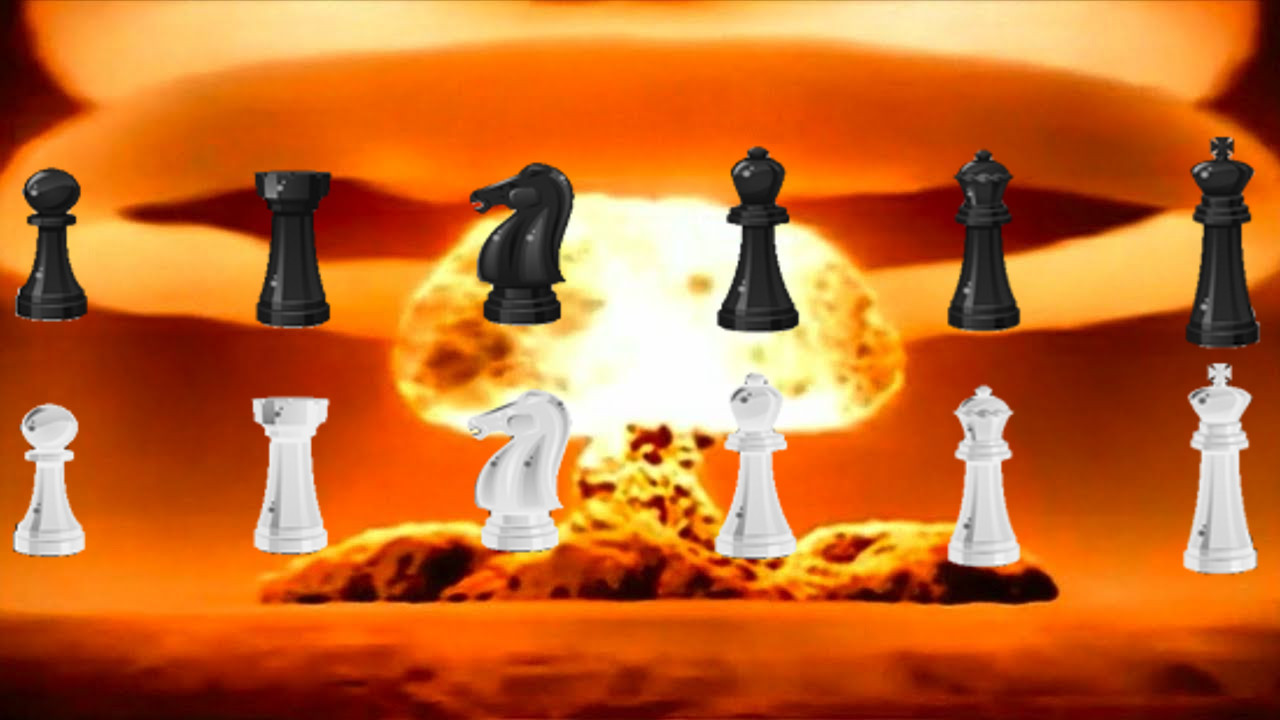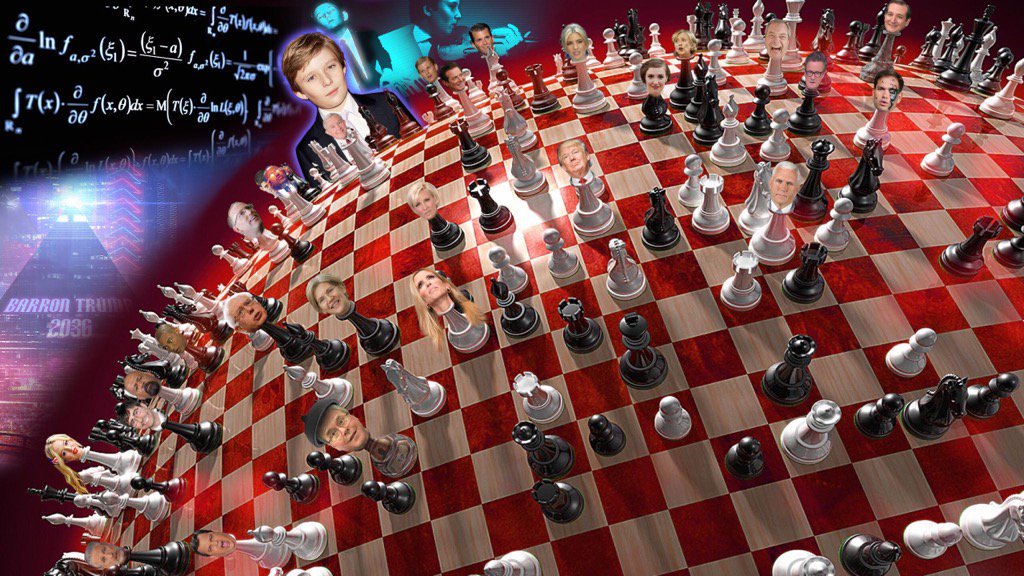Daily Stormer
March 24, 2019

An article published today by Roy Batty highlighting the world chess champion’s cuckolding of himself and his ancient and noble sport by playing a game where black moves first “for equality” got me desiring to write an editorial on board games.
There’s a number of reasons why white nationalists need to understand games and teach them to their children. Games of skill historically have been ways to hone strategic thinking among men. In medieval Europe chess was considered an essential skill for all knights, and many Kings renowned by their prowess in battle were chess patrons. Richard the Lionheart was, as was Ivan the Terrible. Though it takes many other types of brilliance to be a great military leader (chess will teach you tactical thinking, but won’t teach you to inspire fear and respect amongst your inferiors, or manage a supply chain) it is probable that most great military tacticians would have a keen eye for chess.
The far eastern board game Go offers a number of proverbs that are generally useful to discern correct actions outside of the board game itself. It was common for the Japanese aristocracy to train its children. Annually, the games were played in the presence of the shogun himself in the center of the castle.
Poker, and particularly now Texas Hold ’em, is the defining game of the American mindset. It is the introductory course to the American system of market competition. If you don’t understand holdem, you’ll never truly understand the American system.
Even in modern society those who master ancient board games are granted a degree of social status and an acknowledgement of personal genius. There are millions of anti-Semites in America, but Bobby Fischer was indicted and driven out of America because he was an anti-Semite and the most prominent, charismatic prodigy of his era. Acknowledgement of his genius was printed in books and magazines for ages, and then it turns out that he publicly opposes the kikes and is calling for their execution. People have to start asking themselves why it is that all these geniuses must be understanding about the Jews to despise them so much and call for their slaughter. It is a very common theme among eccentric geniuses to decide that the Jews should be liquidated– one we’ve covered in previous issues of Stormer.
But the underlying point is that being good at games of strategy can elevate your social standing in the world, and people’s perception of your ideas. Even if you are not the world champion, playing games at a rank above that of an enthusiast will endear you to them. Seeking advancement in these arts can open up opportunities in society and profession for you.
Something that few consider is that the primary game played by a nation’s aristocracy is the lens of strategy that nation’s leaders thoughts refract through.
Russians lost the Cold War against America because it thought so much in terms of chess. It thought of each proxy battle and expensive economic theatrics the United States provoked them into as a move on a board advancing the grand plan of Russia, where they would checkmate their adversary and end up rulers of the world. Such a scenario was an illusion. There was no checkmate coming, and they lost because America plays poker. America bluffs, considers not only the odds but the psychology of its opponents, and keeps a careful eye on its roll. When Russia thought they were playing chess, they were actually playing poker.
In contrast to these, the gooks play a game of black and white stones on a board. In Japan it is known as Go, in Korea Baduk, and Weiqi in China. The mentality of this board game is entirely different. It is frequently about the metered and careful expansion of territory atop solid foundations. But rarely, is about massive calculated sacrifices. Some of the most revered Go players of all time, like Honinbo Shusaku, had positional judgement so sharp that they would emotionlessly sacrifice tens of stones at one place on the board to gain an edge elsewhere. Reading those kind of game records from the old masters makes you ask the question, “what if the Chinks could create a mode of conflict in which everyone lost 200 million people symmetrically?” They’d instantly emerge from it the leading world power, while everyone else would be destroyed. Watching China’s current path of development makes it seem like this might be the exact path they plan to pursue.
If you don’t play chess, go, and poker at least to the degree that you understand the various strategic mechanics in their play and the thought processes that drive success in them, you are less equipped than you should be to fight in a globalized world and you are also losing out on potential social opportunities that are conferred by understanding these games. These are essential life skills that everyone should take a moment to learn something about, and perhaps choose one to excel in. Youngsters reading this site should definitely get to know these games while their neurons are still in a good phase of plasticity, and everyone should encourage young men everywhere to learn them. If you have children, make sure they learn them! These are excellent activities for a young and developing mind.
This is the introduction to our weekly content digest! Show your appreciation for the authors by helping preserve their work for posterity through the process of samizdat. Samizdat originates from the era of Soviet dissidents, who would have to manually copy anti-Communist literature by hand. In the era of digital computing, your job is not quite as hard as writing every word down. It’s very simple: download this weekly edition, archive it on your local storage, reupload it to a different location than you found it, and share it from there. Four simple steps to helping preserve our work for the future! Encourage others to do the same.
- PDF: 144 pages, 4.3M (recommended for printing or desktop reading)
- ePub: 1067 pages, 3.9M (recommended for mobile devices and eBook readers)
- Build files: 12.7M (for inquisitive programmers and typesetters)
